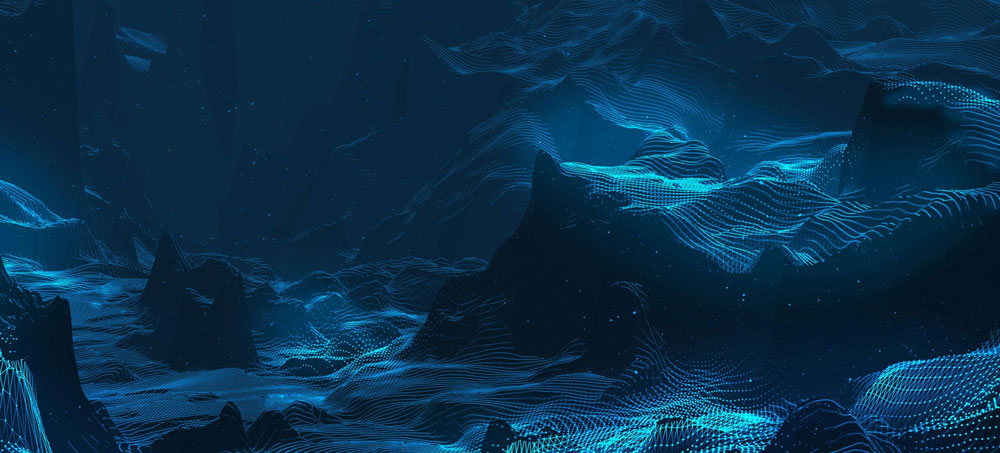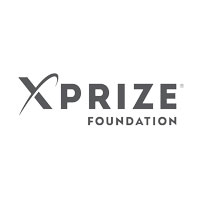
Robohub.org
New $7M XPRIZE competition seeks to usher in a new era of ocean exploration
 At a keynote address this week during the American Geophysical Union Fall Meeting in San Francisco, Peter Diamandis, chairman and CEO of XPRIZE, announced the launch of the $7M Shell Ocean Discovery XPRIZE, a three-year global competition challenging teams to advance ocean technologies for rapid and unmanned ocean exploration.
At a keynote address this week during the American Geophysical Union Fall Meeting in San Francisco, Peter Diamandis, chairman and CEO of XPRIZE, announced the launch of the $7M Shell Ocean Discovery XPRIZE, a three-year global competition challenging teams to advance ocean technologies for rapid and unmanned ocean exploration.
As part of the total $7M prize purse, the National Oceanic and Atmospheric Administration (NOAA) is offering a $1M bonus prize to teams that demonstrate their technology can “sniff out” a specified object in the ocean through biological and chemical signals. David Schewitz, Shell vice president of geophysics for the Americas, and Richard Spinrad, chief scientist at NOAA, joined Diamandis on stage to launch the new competition.
“Our oceans cover two-thirds of our planet’s surface and are a crucial global source of food, energy, economic security, and even the air we breathe, yet 95 percent of the deep sea remains a mystery to us,” Diamandis said. “In fact, we have better maps of the surface of Mars than we do of our own seafloor. The Shell Ocean Discovery XPRIZE will address a critical ocean challenge by accelerating innovation to further explore one of our greatest unexplored frontiers.”
The three-year competition includes nine months for team registration, 12 months for initial solution development and 18 months to complete two rounds of testing and judging by an expert panel. In each round, teams will complete a series of tasks, including making a bathymetric map (a map of the sea floor), producing high-resolution images of a specific object, and identifying archeological, biological or geological features. Teams also must show resiliency and durability by proving they can operate their technologies, deployed from the shore or air, at a depth of up to 4,000 meters.
“Spurring innovation and creating radical breakthroughs in ocean discovery are what excite us about collaborating with XPRIZE,” Schewitz said. “Shell recognizes the need to leverage the full power of innovation: the capacity for doing things differently and better than before.”
A $4M Grand Prize and $1M Second Place Prize will be awarded to the two teams that receive the top scores for demonstrating the highest resolution seafloor mapping, after meeting all minimum requirements for speed, autonomy and depth. Up to 10 teams that proceed to Round 2 will split a $1M milestone prize purse. And the $1M NOAA bonus prize will be awarded to the team that can trace a chemical or biological signal to its source.
“The goal of the $1M NOAA bonus prize is to identify technology that can aid in detecting sources of pollution, enable rapid response to leaks and spills, identify hydrothermal vents and methane seeps, as well as track marine life for scientific research and conservation efforts,” said Spinrad.
The Shell Ocean Discovery XPRIZE is part of the 10-year XPRIZE Ocean Initiative – a commitment made to launch five multi-million dollar prizes by 2020 to address critical ocean challenges and make the oceans healthy, valued and understood. XPRIZE awarded the Wendy Schmidt Oil Cleanup XCHALLENGE in 2011 and the Wendy Schmidt Ocean Health XPRIZE in July 2015.
For more information, and to register your intent to compete, visit oceandiscovery.xprize.org.
About XPRIZE
Founded in 1995, XPRIZE is the leading organization solving the world’s Grand Challenges by creating and managing large-scale, high-profile, incentivized prizes in five areas: Learning; Exploration; Energy & Environment; Global Development; and Life Sciences. Active prizes include the $30M Google Lunar XPRIZE, the $20M NRG Cosia Carbon XPRIZE, the $15M Global Learning XPRIZE, the $10M Qualcomm Tricorder XPRIZE, and the $7M Adult Literacy XPRIZE. For more information, visit www.xprize.org.
About Royal Dutch Shell
Shell has been a technology pioneer for more than 100 years, and has come up with many industry-transforming “firsts” to deliver energy its customers and partners need. Since 2007, Shell has spent more than $1 billion annually on research and development. In 2014, our research and development expenditures were $1.2 billion. Shell’s technical and engineering staff amount to more than 43,000.
Shell companies have operations in more than 70 countries and territories with businesses including oil and gas exploration and production; production and marketing of liquefied natural gas and gas to liquids; manufacturing, marketing and shipping of oil products and chemicals and renewable energy projects. Royal Dutch Shell plc is incorporated in England and Wales, has its headquarters in The Hague and is listed on the London, Amsterdam, and New York stock exchanges. For further information, visit www.shell.com.
About National Oceanic and Atmospheric Administration (NOAA)
The National Oceanic and Atmospheric Administration (NOAA) is a science-based federal agency within the Department of Commerce with regulatory, operational and information service responsibilities with a presence in every state and U.S. territories. NOAA’s mission is to understand and predict changes in the Earth’s environment, from the depths of the ocean to the surface of the sun, and to conserve and manage coastal and marine resources. For more information, visit www.noaa.gov.
tags: c-Events, Competition-Challenge, cx-Exploration-Mining, cx-Research-Innovation, underwater, XPRIZE





